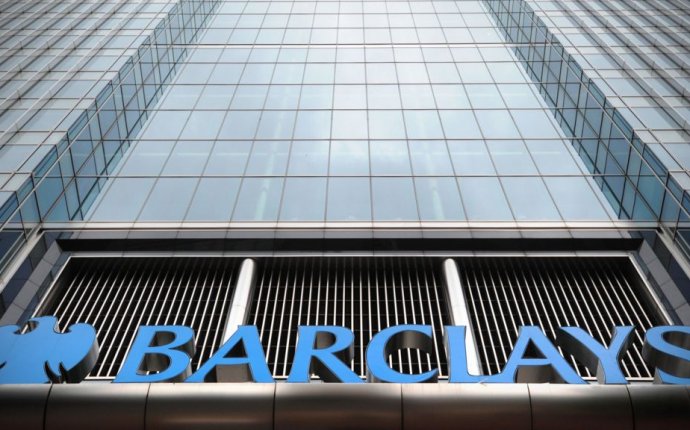
Investment Banking jobs for freshers
If you’re a first year considering a career in investment banking you’re probably aware that employers in this sector offer most of their internships to students in the penultimate year of their degree. However, that doesn’t mean that there are no opportunities for you to engage with prospective employers – quite the reverse.
Most investment banks hold insight days and short internships specifically aimed at freshers. They also put on fairs, talks, presentations and even lunches and breakfasts for all prospective applicants on university campuses. Don’t assume that these are only for second and third years – the sooner you start attending them the better.
Opportunities for first years
Going to presentations, fairs and other events will help you to learn more about investment banking and, more importantly, to work out whether it’s right for you. Doing thorough early research will enable you to make better informed decisions later on about potential employers and specialisms and it will make you stand out on internship and job applications.
Targeted events
Many banks hold events aimed specifically at women, ethnic minorities and those from under-represented socioeconomic backgrounds – start looking into these if you’re eligible. Morgan Stanley, for example, holds dinners, lunches and panel discussions as part of their Winning Women programme.
Insight days and spring weeks
Insight days and weeks (often known as spring weeks) are short internships that range from a single day to two weeks in length. Doing an insight day or spring week will give you the chance to get a stronger feel for the bank’s work environment and culture, so start applying now. All of the big investment banks run placements aimed at first years; Goldman Sachs offers a two-week internship in London, Credit Suisse has a five-day spring internship and Bank of America Merrill Lynch offers a one-week spring or summer internship, for instance.
Beating off the competition
You should start attending events and applying for insight days as soon as possible if you’re serious about launching a career in investment banking. Investment banking is a popular career option and recruitment rounds are extremely competitive. You will be up against lots of bright, motivated and proactive applicants, and you will probably find yourself playing catch-up in your penultimate and final years if you don’t take advantage of the opportunities available to you now.
Some first years who do insight days or weeks are offered a summer internship by the same bank in their penultimate year. Similarly, those that secure internships are likely to be offered a job by the same employer. If you don’t go through this pipeline you may have to compete for a diminished number of jobs when you graduate – once banks have offered positions to their former interns there won’t be as many vacancies left. Insight days and weeks are the first stage in this process – read our article the investment banking work experience pipeline for more detailed information.
Read up on banking basics and start using social media
Aside from attending events and presentations, you can prepare for the internship application process by learning basic finance concepts and getting familiar with banking jargon. If you don’t know your bulls from your bears, then our helpful glossary will get you started.
Once you’ve grasped the basics, it would be a good idea to start following business news – you could begin with the business section of your favourite news channel or broadsheet and you could try reading publications with a strong business or finance focus, such as the Financial Times or The Economist.
If you haven’t already, you should set up a LinkedIn account and start connecting with relevant people and groups, such as banks that you’re interested in working for, finance-related university societies or the readers’ groups. However, do be careful about connecting to people who don't know you, as some executives don't appreciate requests from unknown contacts.
It would also be a good idea to ‘like’ and follow any banks you might be interested in on Facebook and Twitter. That way you can ask any questions you may have and get updates about upcoming opportunities.









